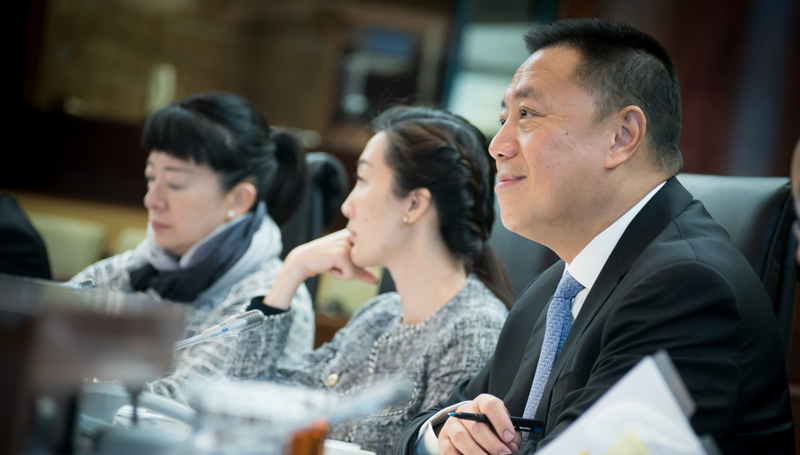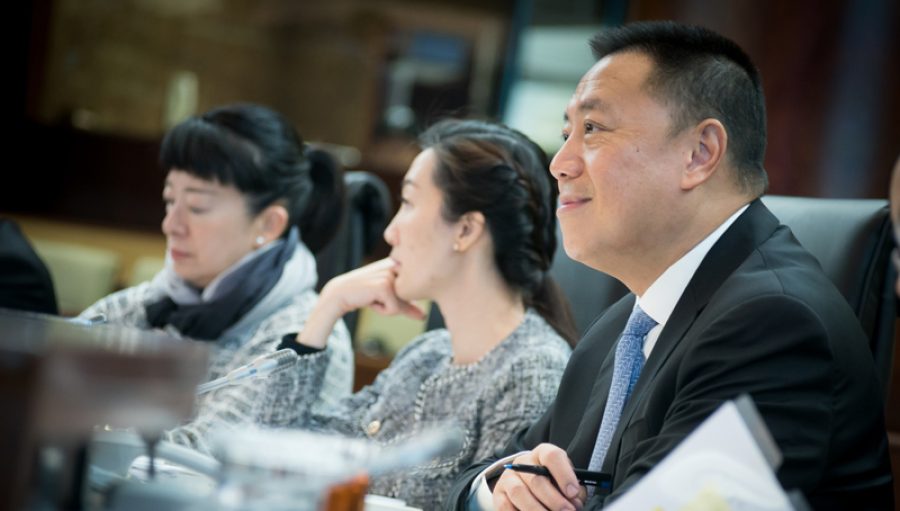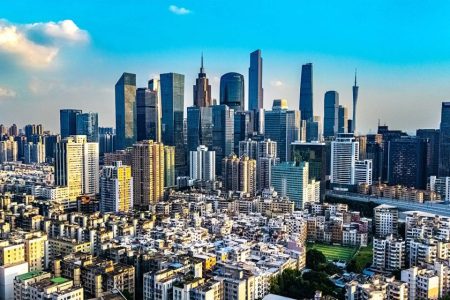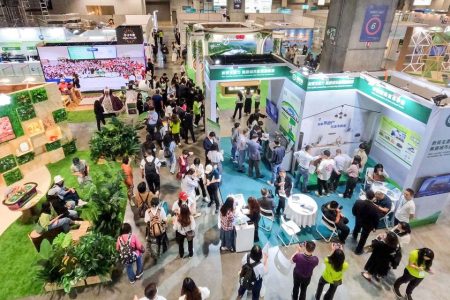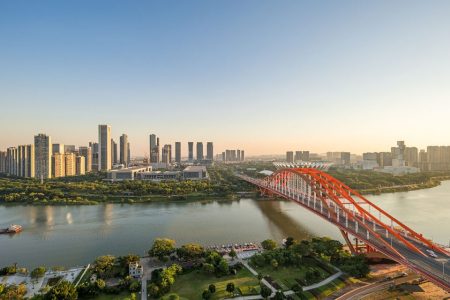Secretary for Economy and Finance Lionel Leong Vai Tac said in the legislature’s hemicycle Tuesday that the government is studying the possibility of launching a new pilot scheme for the granting of residency to “talents” and science and technology (S&T) professionals from outside Macau, according to which such applicants would not need to secure a job from a local employer first before being approved to move to Macau.
Leong made the remarks when answering questions from several lawmakers, on the last day of a two-day Q&A session about his portfolio’s policy guidelines for next year.
The policy secretary said that he has proposed to Chief Executive Fernando Chui Sai On the setting-up of a new scheme with the aim of attracting talents and S&T professionals to move to Macau, in addition to the government’s existing two temporary residency schemes – a “major investment immigration” and a “specialist immigration” scheme. The latter scheme is for managerial personnel, specialists and professional qualification holders hired by local employers.
The Macau Trade and Investment Promotion Institute (IPIM) currently grants approvals for temporary residency for non-locals who plan to “make a major investment” in industrial, tourism and other commercial businesses, as well as for managerial personnel, specialists and professional qualification holders who have been hired by local employers, according to a by-law regulating the two IPIM non-permanent residency schemes promulgated in 2005.
Leong said that the government was studying the possibility of launching a pilot scheme for the granting of Macau residency to non-local talents and S&T professionals. According to Leong, the pilot scheme is planned to last three years, during which the government would review the quotas for the granting of that kind of residency permit every year.
Under this pilot scheme, those who plan to apply for Macau residency as talents and S&T professionals will not to first need obtain a job from a local employer, according to Leong. The successful applicants can opt to look for a job or launch their own business start-ups after they have moved to Macau, Leong said.
Leong said that it would be easier for the government to obtain useful opinions and suggestions if the pilot scheme for non-local talents and S&T professionals would be run by a specific committee.
According to a separate work permit scheme handled by the Labour Affairs Bureau (DSAL) in conjunction with the Public Security Police (PSP), non-locals also have to obtain a job from a local employer first before they can be granted permission to come to Macau to work as non-resident workers (colloquially known as “blue-card holders”). Non-resident workers are not granted the right to reside in Macau. While non-residents’ employment contracts need to be approved by the Labour Affairs Bureau, their temporary stay permits are issued by the Public Security Police (PSP).
Leong also noted that currently mainlanders can only apply for a one-way permit (officially known as People’s Republic of China Permit for Proceeding to Hong Kong and Macau) to settle in Macau for situations such as when a particular applicant comes to Macau to live with his or her spouse, or when a particular applicant comes to Macau to take care of their elderly parents.
Leong said that the government plans to launch the pilot scheme with reference to the Quality Migrant Admission Scheme in Hong Kong, according to which successful applicants who are from the mainland need to obtain a permit issued by the mainland police allowing them to move to Hong Kong – a permit different from the one-way permit.
In a hard-hitting investigative report released in early July, the Commission Against Corruption (CCAC) slammed the Macau Trade and Investment Promotion Institute for having failed to properly assess applications for temporary residency granted by IPIM officials through its “major investment immigration” and “specialist immigration” schemes. In the wake of the CCAC probe, IPIM President Jackson Chang and IPIM board member Gloria Batalha Ung have been suspended from their posts, pending the outcome of the ongoing investigation.
